Your cart is currently empty!
Tag: OrganicGrowing
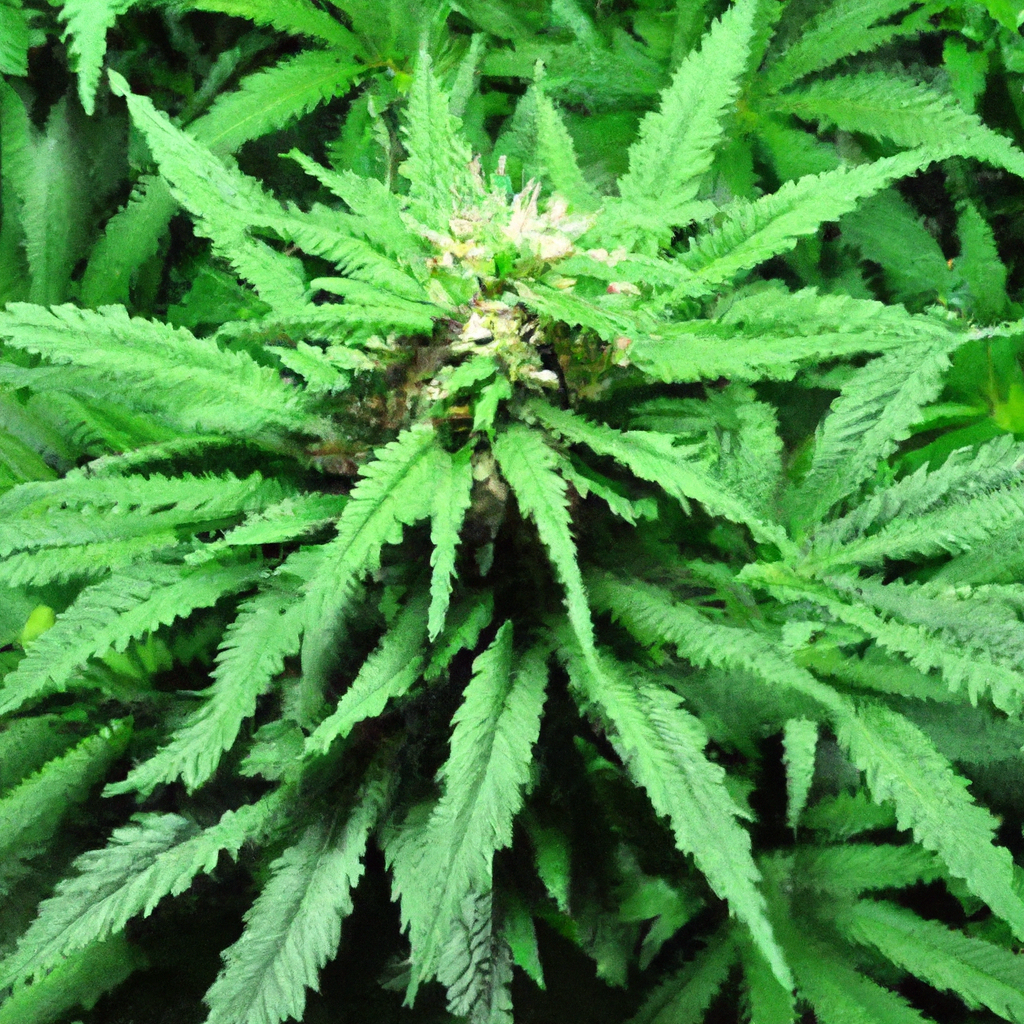
Growing cannabis successfully hinges on understanding plant nutrition and soil needs, alongside lighting and climate control. This guide explores essential macronutrients and micronutrients critical for cannabis health, including nitrogen, phosphorus, potassium, and more. It provides a step-by-step approach to creating a balanced nutrient regimen tailored to each stage of the cannabis life cycle—from seedling to…
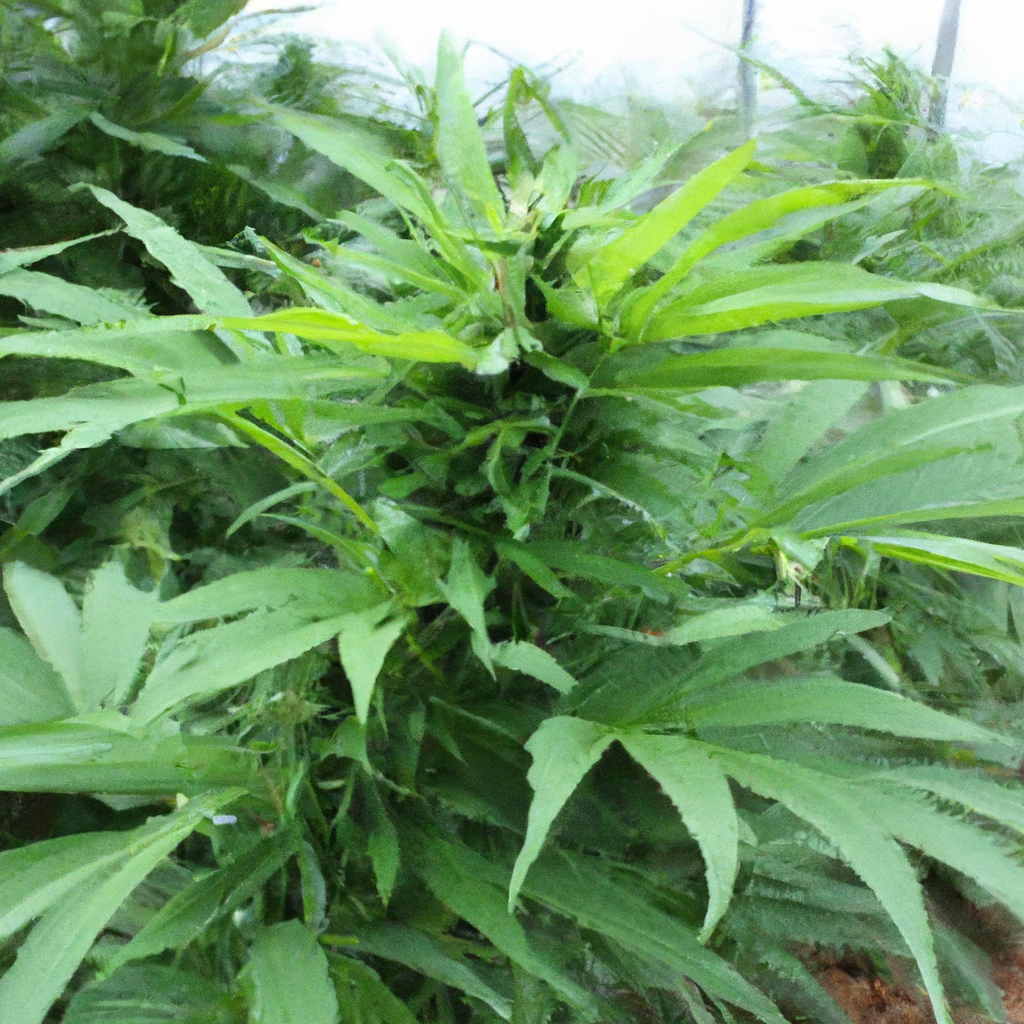
This blog post explores the art and science of organic cannabis cultivation, emphasizing sustainable practices that enhance both environmental health and product quality. Key topics include building healthy soil ecosystems using compost and worm castings, utilizing natural fertilizers like fish emulsion and bone meal, and implementing eco-friendly pest management through companion planting and beneficial insects.…
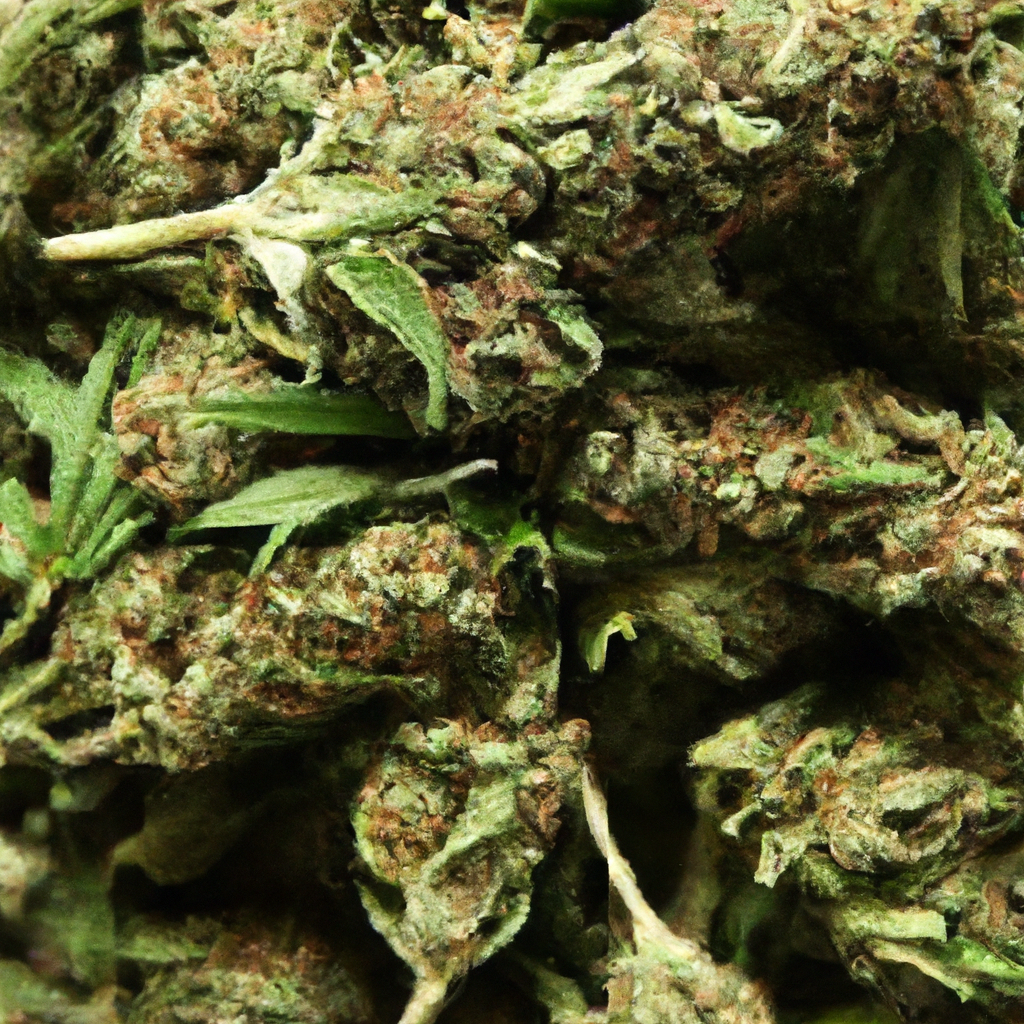
As cannabis popularity surges, cultivators increasingly adopt organic methods to meet consumer demands and environmental goals. Organic cultivation reduces carbon footprints and promotes biodiversity, leading to a purer product free from synthetic chemicals. Essential practices include building healthy soil through composting, mulching, and crop rotation; using natural fertilizers like fish emulsion and bone meal; and…
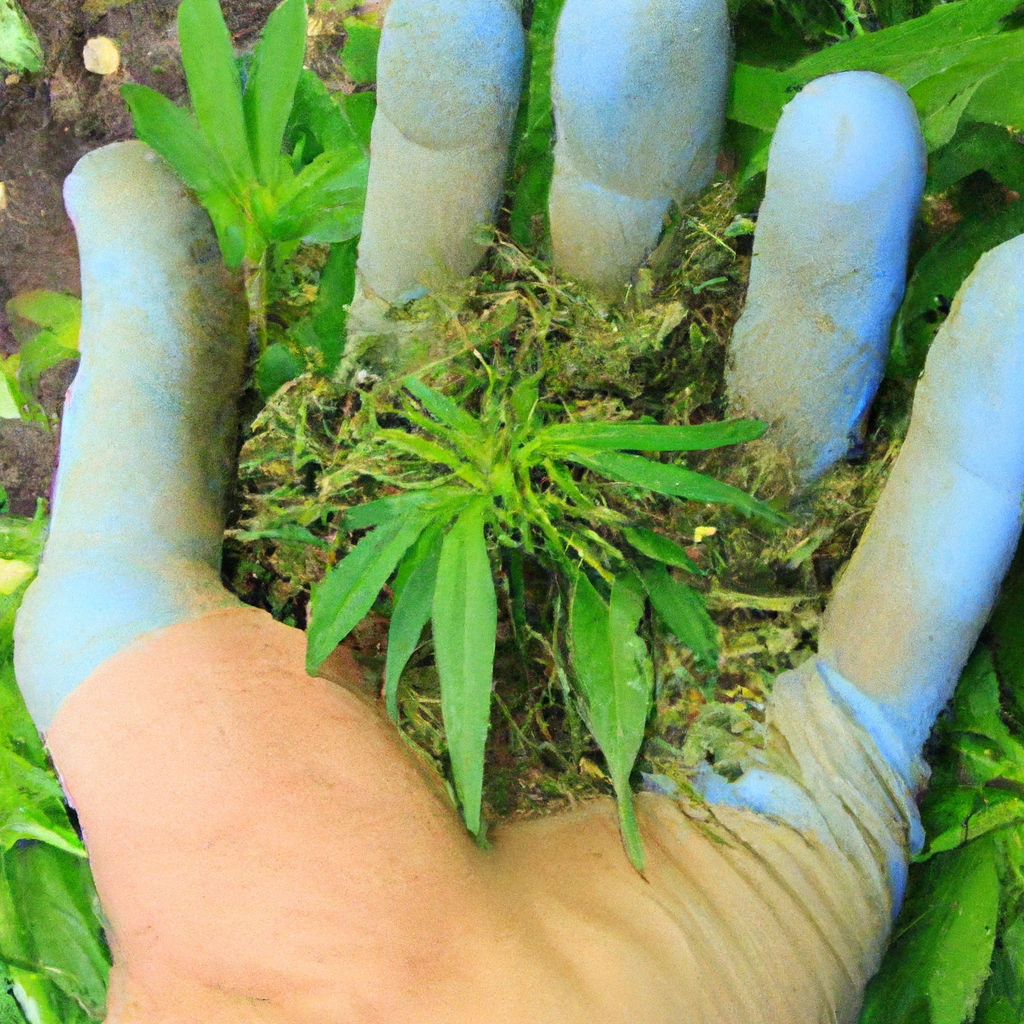
Organic cannabis cultivation emphasizes eco-friendly practices that prioritize sustainability. By using natural fertilizers like compost, worm castings, and guano, and maintaining a healthy soil ecosystem with the help of cover crops and beneficial microbes, growers can nurture robust cannabis plants. Natural pest control methods such as neem oil and companion planting further enhance the organic…
Growing cannabis organically involves nurturing a thriving ecosystem by using natural fertilizers, effective pest control, and sustainable practices. Key natural fertilizers include compost, worm castings, bone meal, and blood meal, which enrich soil without harming the ecosystem. Effective pest control methods like neem oil, companion planting, and beneficial insects can protect plants naturally. Building a…
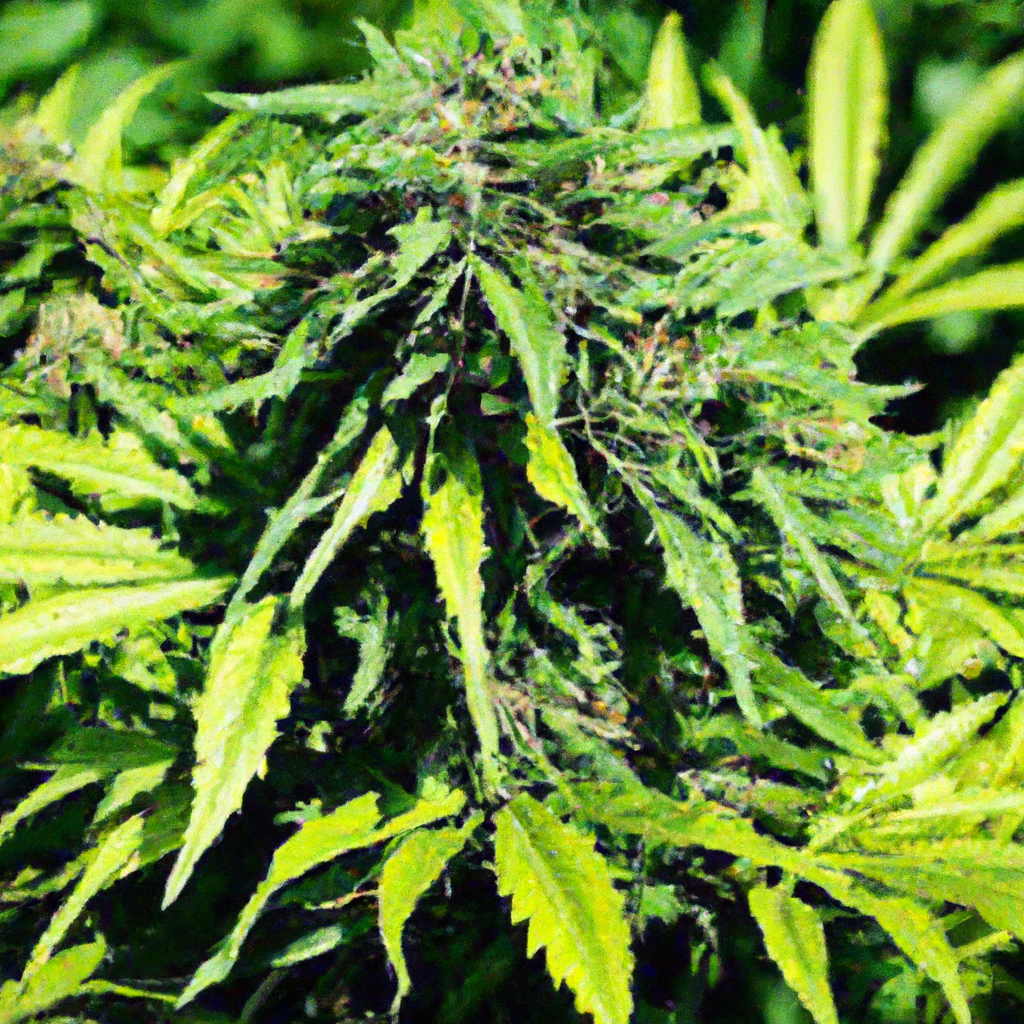
Organic cannabis cultivation prioritizes plant health and environmental balance, resulting in a sustainable and consumer-friendly product. By building a robust soil ecosystem with organic matter and natural fertilizers, growers enhance nutrient availability and plant vitality. Techniques like composting, crop rotation, and cover cropping maintain soil health, while natural fertilization methods provide essential nutrients. For pest…
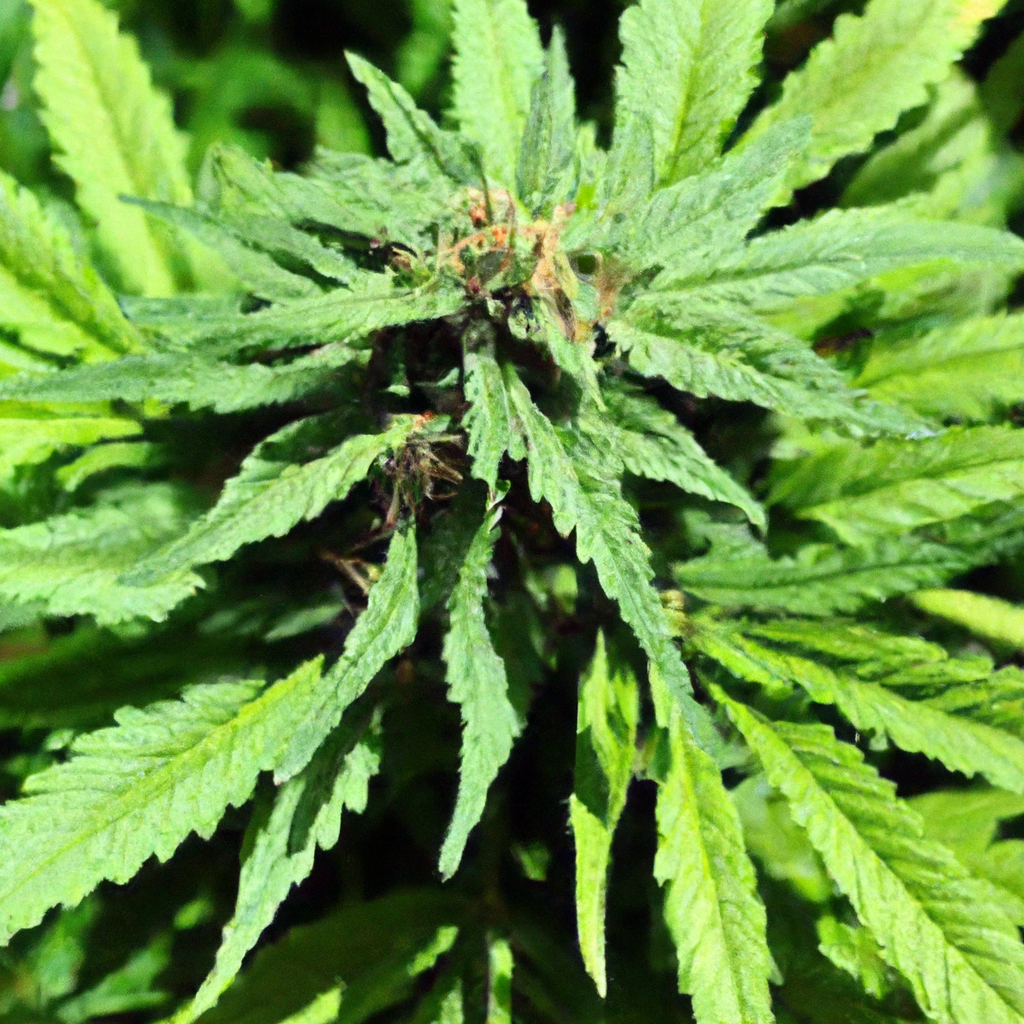
Organic cannabis cultivation emphasizes sustainability and quality by using natural fertilizers, compost, and eco-friendly pest control methods. Key practices include optimizing soil health through composting and natural fertilizers, enhancing nutrient uptake with beneficial microbes, and employing natural pest control techniques like companion planting and predatory insects. These methods contribute to environmental sustainability, promote consumer health…
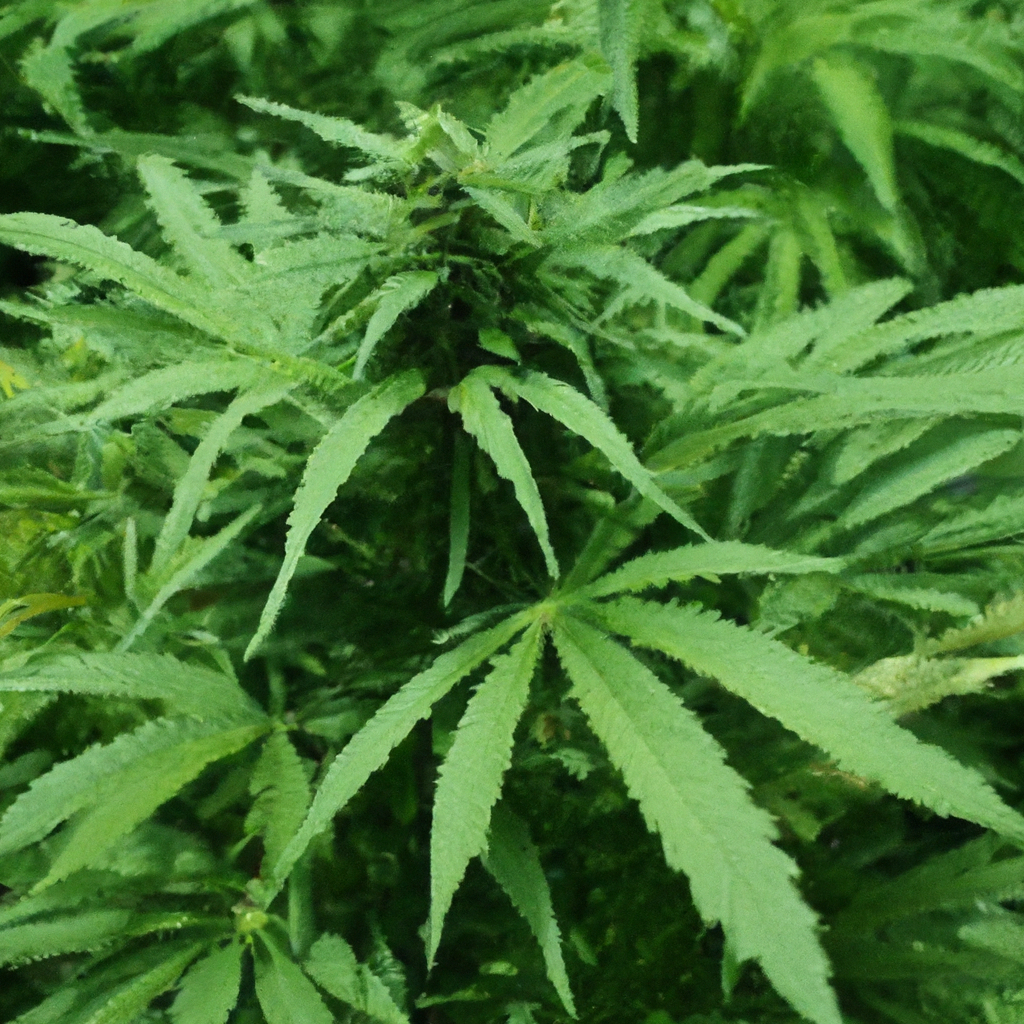
In the pursuit of sustainability, organic cannabis cultivation offers an eco-friendly approach that benefits both the environment and consumer health. By avoiding synthetic chemicals, it enhances yield quality and maintains ecological balance. Key practices include building a thriving soil ecosystem through composting, cover cropping, and mulching, along with using natural fertilizers like manures and fish…
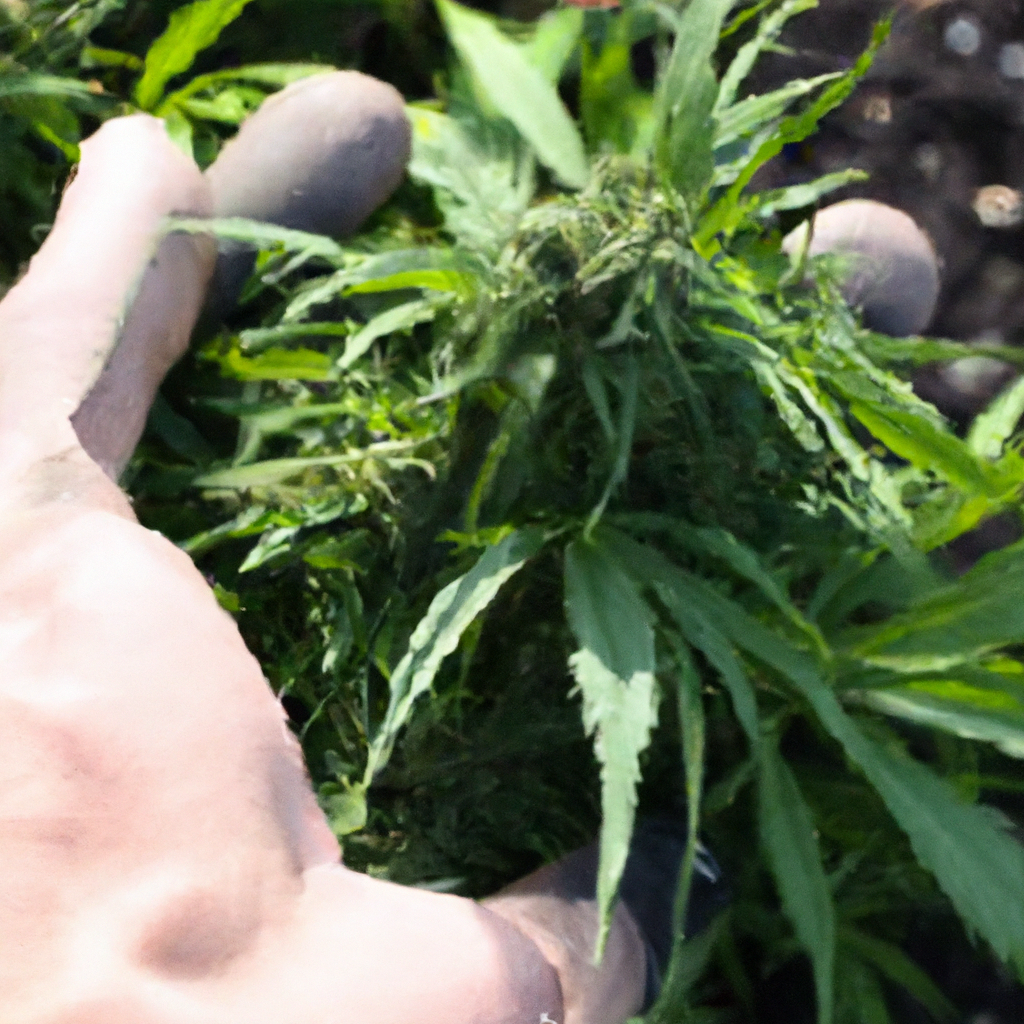
Discover the best practices for sustainable organic cannabis cultivation that not only enhance product quality but also benefit the environment. Learn about creating a thriving soil ecosystem through composting, cover cropping, and beneficial microbes. Explore natural fertilizers like fish emulsion and worm castings, and adopt organic pest control with methods like companion planting and beneficial…

As cannabis cultivation grows, understanding nutrient management becomes crucial for optimizing plant health and yield. This guide explores the essential nutrients—NPK, macronutrients, and micronutrients—necessary for cannabis growth, and provides strategies for developing effective feeding schedules tailored to the growth stages: seedling, vegetative, and flowering. Highlighting Smith GreenGrowers’ success story, the importance of customized nutrient plans…
